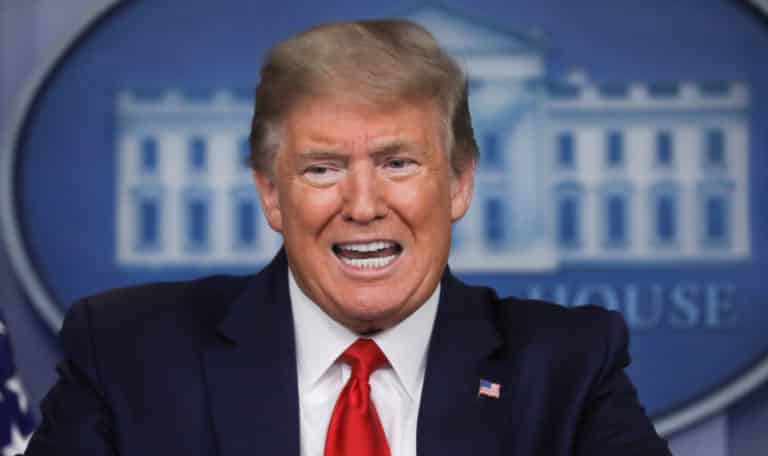The ten U.S. states coordinating plans separately from the White House to reopen businesses shut by the coronavirus are responsible for an outsized proportion of the U.S. economy.
On Monday, three states on the U.S. West Coast, led by California Governor Gavin Newsom, and seven on the East Coast, led by New York Governor Andrew Cuomo, said they will develop coordinated regional plans.
With the exception of Massachusetts, all are led by Democratic governors.
Collectively the ten states generated 38.3% of the total U.S. economic output in the fourth quarter of 2019, highlighting how much of the U.S. economy depends on its most populous states.
For a graphic, please see https://reut.rs/2VsHfYC
California and New York, the biggest and third-biggest states respectively, account for about 23% of total U.S. economic output, figures from the Bureau of Economic Analysis show.
Announcements about the pacts to coordinate plans came after Republican President Donald Trump declared any decision on reopening the economy was up to him. The White House is preparing its own plans which are expected to be announced soon.
But Trump also suggested he would prefer to defer to governors. “I’d rather have them make the decision,” he said in his daily news conference.
The U.S. constitution gives state authorities the power to police citizens and regulate public welfare.
Outside of the two coalitions, the two states with the biggest contribution to GDP are Texas and Florida, which together account for 14%. Both are led by Republican governors.
The U.S.’s 50 states generated $21.4 trillion in total economic output in 2019, from widely different industries. Finance dominates in New York, for example, agriculture and tourism in Florida.
California will detail its plan with Oregon and Washington on Tuesday, Newsom said Monday.
In the U.S. Northeast, the states of New York, New Jersey, Connecticut, Delaware, Pennsylvania, Rhode Island and Massachusetts will coordinate to gradually reopen their economies. Each state will ultimately make its own decisions based on its specific needs, Cuomo said.
(Reporting by Ann Saphir and Heather Timmons; Editing by Edwina Gibbs)

























 Continue with Google
Continue with Google